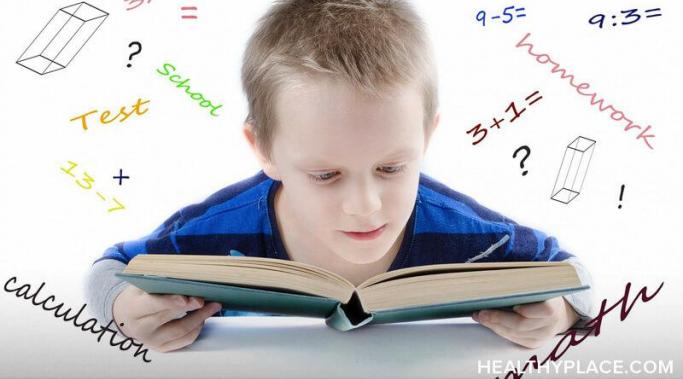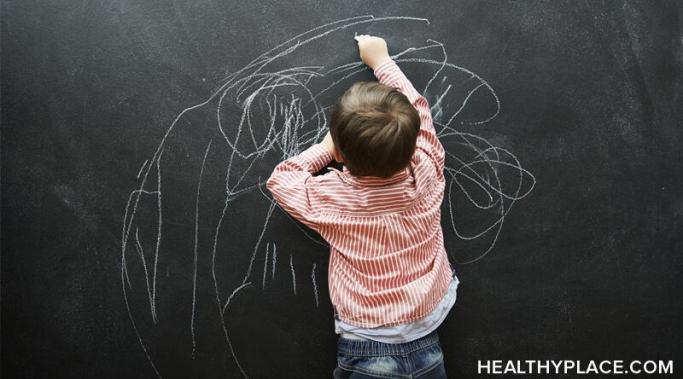My son is now old enough that he overhears conversations I have with his dad about his attention-deficit/hyperactivity disorder (ADHD), and he has questions. Explaining mental illness to my child feels like a balancing act. I want to be honest with him, but I want him to feel proud of himself, too. How do I go about making that happen?
Family and Mentally Ill Children
In case you haven't noticed, COVID-19 has transformed how everyone gets everything done, including how we parent in this pandemic. It's especially changed how I raise a child with attention-deficit/hyperactivity disorder (ADHD).
Parents can advocate for mental health care improvements for our children with mental illness, and we're in in a unique position to do so. As we travel through America’s broken mental healthcare system, our voices can help shine a light on problems and advocate for mental health care changes that would help our children in their quest for mental stability.
The costs of raising a child with special needs or childhood mental illness are a financial burden. In addition to the most obvious financial costs of raising a child with special needs, there are also the hidden costs of parenting our children. These financial costs can weigh upon the entire family and push parents of special needs children to the brink.
Twice-exceptional children are gifted children with mental illness, and they often get overlooked in school. A mentally ill child's problem behaviors may mask their strengths, or their behaviors may frustrate teachers so much that teachers overlook the child's strengths. These gifted kids with mental illness are twice exceptional and we should recognize them and push them as much as we do the typical gifted child.
Putting a child in residential psychiatric care is one of the hardest decisions a parent has to make. Five years ago, I put my teenager into a residential psychiatric care facility for a year. Housing my child out of my home and in a residential mental health treatment center was a very painful decision that probably saved—and definitely changed—my child’s life.
The main symptom of disruptive mood dysregulation disorder (DMDD) is chronic irritability. "Irritability" is a vague word, though. It doesn't adequately describe how angry and mean our kids with DMDD can get or how demoralizing it feels. As parents, we work hard to raise decent human beings, then a DMDD outburst erupts and that decency seemingly flies out the door.
Avoiding bipolar instability because you have the flu is important, but it can be difficult to maintain stability with bipolar disorder while trying to combat the effects of the local virus going around. If you are a parent of a child with bipolar disorder, a simple virus can lead to bipolar instability in your child’s mental health. It becomes a difficult cycle as increased instability with bipolar makes it hard to treat the flu and increased symptoms of the flu make it difficult to control bipolar. However, by planning ahead, parents can lessen the ill-effects of flu season and keep their child’s mental health as intact as possible.
“Emotional contagion” occurs when we mirror the strong emotions of those around us whether those emotions are negative or positive. As a parent of a mentally ill child, it can be difficult not to "catch" our child’s negative emotions. By employing a few tools, parents can avoid the downward spiral of emotional contagion and help their melting down child find a way back to the positive.
Managing disruptive mood dysregulation disorder (DMDD) in the classroom isn't as simple as knowing how to prevent DMDD behaviors. Yet parents of children with DMDD are often expected to have immediate solutions for teachers and caregivers in our children's lives. Symptoms of DMDD are tough for even parents to handle, and immediate solutions don't exist, but there are doable small steps that can help manage DMDD in the classroom.









